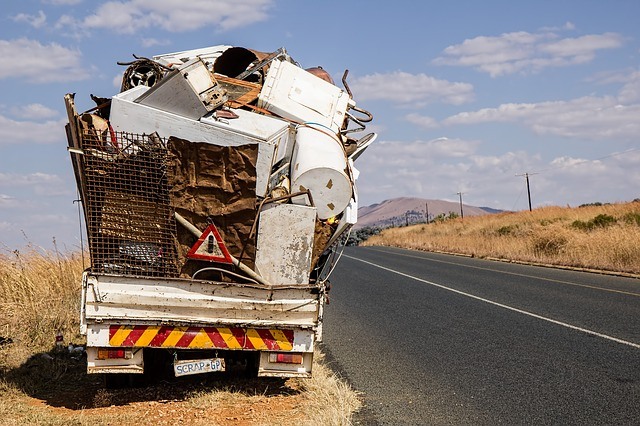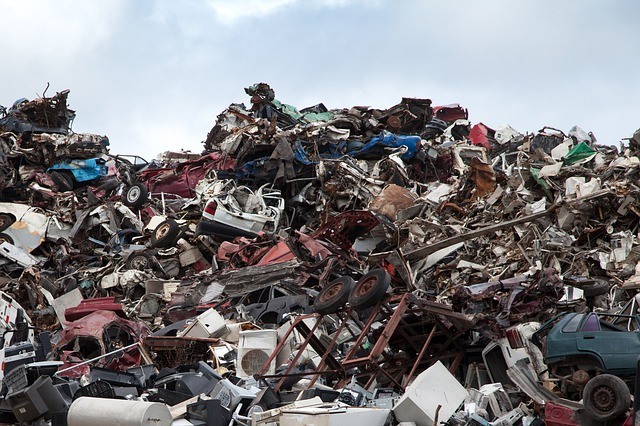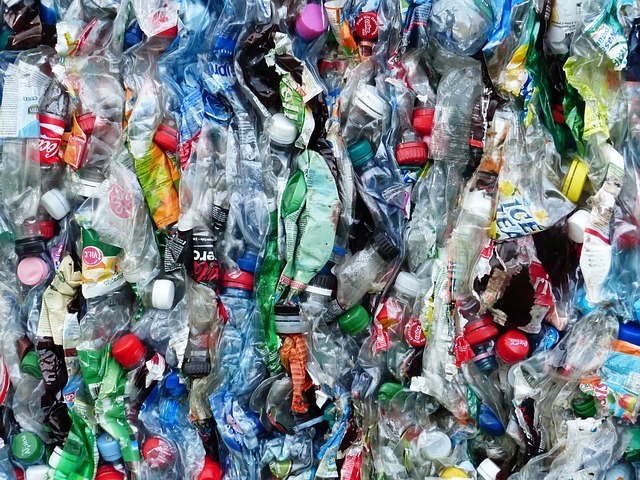1. Almost Everything Can Be Recycled
When we really try, it is remarkable how much waste we can recycle. Everything from batteries, to food waste, to clothing, electronics, glass, metal, paper, and plastic can be recycled. According to a Canadian report as much as 80% of typical household garbage is made up of recyclable materials or organic materials that break down easily. It is estimated that at least half of the materials thrown into the garbage by a person could be recycled instead.
2. Recycling Reduces the Size of Landfills
Every piece of trash that is taken out of the garbage can and put into the recycling reduces the need to build more landfills and expand the ones already in operation. Taking a piece of land and devoting it entirely to becoming a massive mountain of garbage is a waste of resources. It damages the property value of the land in every direction and it removes habitat from wild animals that could make it a home.
3. Recycling Reduces the Amount of Materials We Take from the Earth
The more materials we reclaim from our own homes, the less we need to take from nature. Recycling paper means less deforestation. Recycling metal means less mining and less mining pollution. Keeping nature intact benefits everyone and provides more space for wild adventures.
4. It Prevents Waste from Becoming Pollution
Did you know that there is an enormous floating patch of garbage in the Pacific Ocean that’s alleged to be twice the size of Texas? It’s true and it was entirely preventable. By reusing the materials we already have, we prevent them from finding their way into the environment where they can be harmful to both people and animals. Think of the sea turtles next time you want to throw something in the trash. Eventually everything finds its way to the ocean.
5. It Uses Less Energy than Making New Materials
Processing, reforming, and redistributing recycled materials requires less energy than building new things from scratch. That means we can better use our limited and expensive-to-produce power to accomplish more worthwhile things than building what we already have.
6. Recycling Cuts Greenhouse Gas Emissions
Because it uses less energy than making new materials, recycling can help cut greenhouse gas emissions and slow the progress of climate change. There may not be any polar bears in the Great Pacific Garbage Patch, but they will thank you for recycling all the same from their intact ice floes.
7. Recycling Creates Jobs
According to a 2011 NRDC report, increasing the scale of recycling operations could create as many as 2.3 million jobs in the US alone. It takes a lot of person power to sort and process all those recycled goods and with the economy on a half-decade-long roller-coaster ride, it pays to have a way to keep people employed.
8. Recycling Saves You Money
An obvious but potentially unexpected outcome of recycling using less energy and requiring less raw materials is that recycled products cost you less to buy. You can also sell metals and other materials to scrap collectors for a profit. Think of your bank account next time you’re tempted to send an empty soda can to the landfill. Featured photo credit: Shirley via pixabay.com



